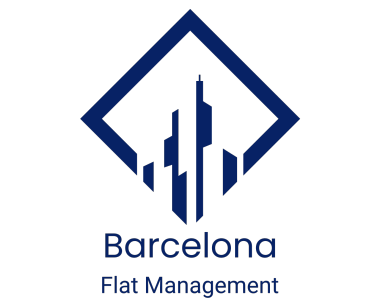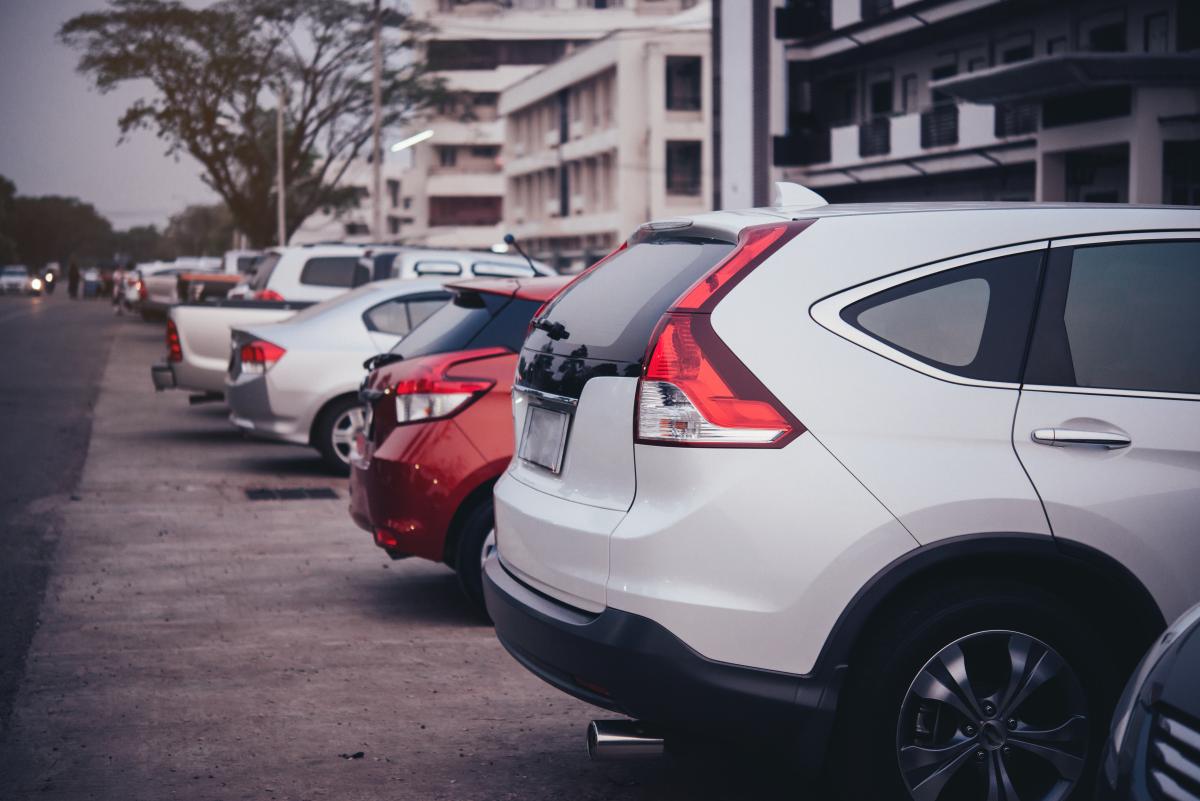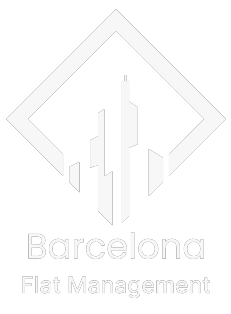In Barcelona, a bustling metropolis, the quest for parking has become a daily challenge for car owners. Navigating through narrow streets and limited spaces, drivers often face the frustration of finding a suitable spot.
However, a wave of innovative solutions and technologies is on the horizon, promising to transform this tiresome task. These advancements range from smart parking systems to eco-friendly initiatives, aiming to streamline parking in the urban landscape. For car owners, adapting to these changes is not just a matter of convenience but a step towards harmonizing with the city’s evolving dynamics.
Smart Parking Systems: Revolutionizing Space Management
Smart parking systems are at the forefront of revolutionizing space management in urban areas, and Barcelona is embracing this technology to address its parking woes. These systems leverage cutting-edge technologies like IoT (Internet of Things), sensors, and real-time data analytics to optimize parking space utilization. In Barcelona, sensors and cameras are strategically installed in parking areas to provide real-time information about available spaces. This data is relayed to car owners via mobile apps or digital displays, drastically reducing the time spent in search of parking.
The city’s implementation of smart parking is not just about ease for drivers; it’s a strategic move towards better urban planning. By efficiently managing parking spaces, these systems help in reducing traffic congestion caused by drivers circling around to find parking. This, in turn, leads to lower carbon emissions, contributing to a cleaner and more sustainable city environment. Moreover, smart parking systems enable dynamic pricing, where parking fees can vary based on demand, time, and location. This approach not only optimizes revenue for the city but also encourages the use of public transport and off-peak parking.
For car owners in Barcelona, the benefits are manifold. They enjoy reduced stress and time wastage, while the city benefits from improved traffic flow, reduced pollution, and enhanced urban livability. Smart parking systems, therefore, stand as a testament to how technology can be harnessed to solve real-world urban challenges, making city life more manageable and sustainable.
Eco-Friendly Initiatives: Green Parking Solutions
Barcelona, a city known for its architectural splendor and vibrant culture, is also forging a path towards environmental sustainability with its eco-friendly parking initiatives. These green solutions are a pivotal part of the city’s urban planning, aiming to reduce the ecological footprint of transportation. A notable example is the integration of electric vehicle (EV) charging stations in parking areas. This initiative not only supports the growing number of EVs in the city but also encourages drivers to switch to cleaner, more sustainable modes of transportation.
Alongside charging stations, Barcelona offers incentives for low-emission vehicles, including reduced parking fees and priority parking spaces. Such measures are designed to promote the use of environmentally friendly vehicles, thereby reducing air pollution and contributing to a healthier urban environment. The city is also experimenting with the concept of ‘green parking zones’ which are areas dedicated to vehicles with lower emissions, further incentivizing residents to consider their vehicle’s environmental impact.
These eco-friendly initiatives extend beyond just reducing emissions. They foster a sense of community responsibility towards the environment and encourage residents to participate actively in the city’s green movement. The impact of these measures is profound, contributing to cleaner air, a reduction in noise pollution, and an overall improvement in the quality of life in Barcelona. As the city continues to innovate in green parking solutions, it sets a precedent for other urban areas grappling with similar environmental challenges, demonstrating that sustainable urban planning and environmental responsibility can go hand in hand.
Public Transport Integration: A Collaborative Approach
In Barcelona, the integration of parking with public transport systems is seen as a pivotal strategy to enhance urban mobility and reduce congestion. Recognizing the importance of a collaborative approach, the city is diligently working to create a seamless connection between parking facilities and public transit. This integration allows commuters to effortlessly transition from their cars to public transportation, facilitating a smoother, more efficient travel experience. By providing well-placed parking lots near metro stations and bus stops, Barcelona aims to encourage the use of public transport, thereby reducing the number of vehicles in the city center.
This synergy offers numerous advantages for commuters. It not only saves time and reduces the stress associated with finding parking in densely populated areas but also contributes to a more sustainable lifestyle by decreasing reliance on personal vehicles. For the city, the impact is significant. Fewer cars on the road mean less traffic congestion, reduced air pollution, and a lower carbon footprint. This approach also helps in better utilization of urban space, allowing for more green areas and pedestrian zones. Barcelona’s commitment to integrating parking with public transportation exemplifies how cities can create more livable, environmentally-friendly urban environments while addressing the practical needs of their residents.
Mobile Apps & Digital Platforms: The Future at Your Fingertips
The advent of mobile applications and digital platforms has revolutionized the parking experience in Barcelona, placing convenience and efficiency at the fingertips of car owners. These digital tools offer real-time information on parking availability, pricing, and even allow for remote reservation and payment. In Barcelona, apps like Parkimeter and B:SM app have become indispensable for drivers, enabling them to locate the nearest available parking spot, thus saving time and reducing the hassle associated with traditional parking methods.
These apps also provide a wealth of data that helps the city in managing parking resources more effectively. By analyzing patterns of usage, the authorities can make informed decisions about urban planning and traffic management. Looking towards the future, the potential enhancements in digital parking solutions are vast. We can expect more sophisticated features like predictive analytics for parking availability, integration with autonomous vehicles, and personalized recommendations based on user preferences and habits.
As these technologies continue to evolve, they promise not only to simplify parking in Barcelona but also to contribute to a more dynamic, responsive, and user-friendly urban transportation ecosystem. The use of mobile apps and digital platforms signifies a significant shift towards a more interconnected and tech-savvy urban environment, where the challenges of city living are mitigated through innovative digital solutions.
Embracing the Future of Urban Mobility
As we navigate through the evolving landscape of urban transportation in Barcelona, it’s clear that the future of parking is being reshaped by innovative solutions. From smart parking systems enhancing space management to eco-friendly initiatives promoting sustainability, the city is pioneering a new era of urban mobility. The integration of parking with public transport and the advent of digital platforms have simplified the parking experience, offering significant benefits to car owners.
These advancements not only ease the daily commute but also contribute to a more sustainable, efficient, and livable city. Looking forward, as these solutions continue to develop, car owners in Barcelona can anticipate a future where parking is no longer a source of frustration but a seamless aspect of city life, harmoniously integrated with the broader goals of urban planning and environmental responsibility.













